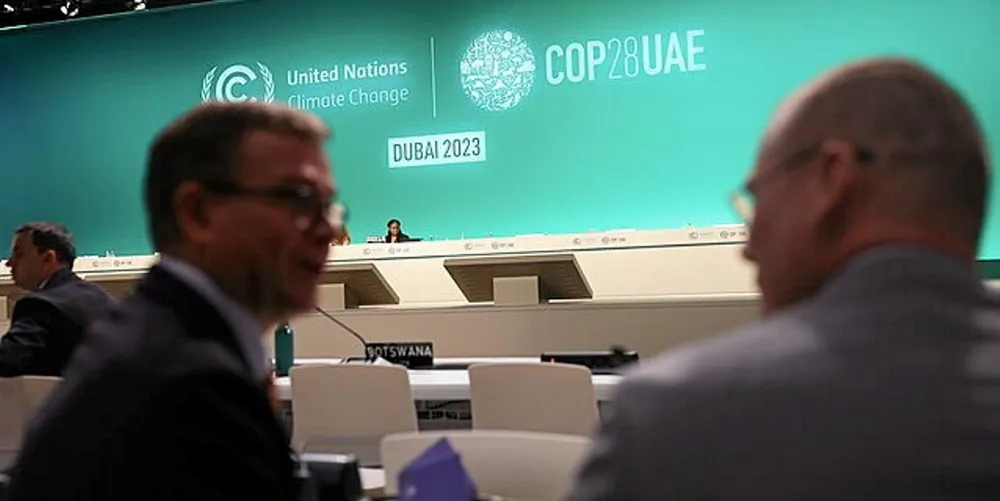Draft COP28 texts include call for 'orderly and just' exit from fossil fuels
Global carbon dioxide emissions from burning fossil fuels are set to hit a record high this year

Global carbon dioxide emissions from burning fossil fuels are set to hit a record high this year
